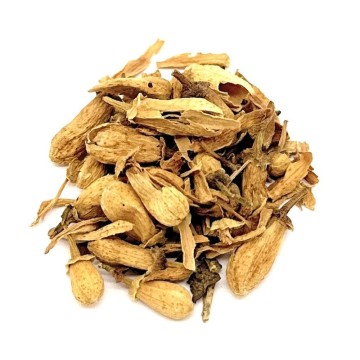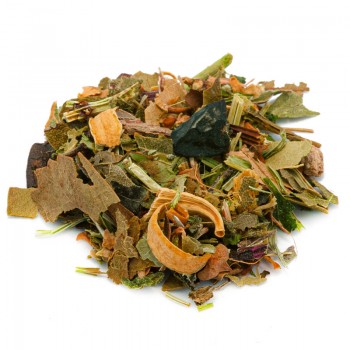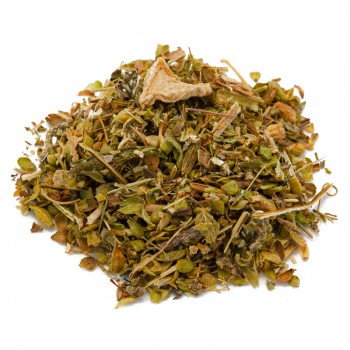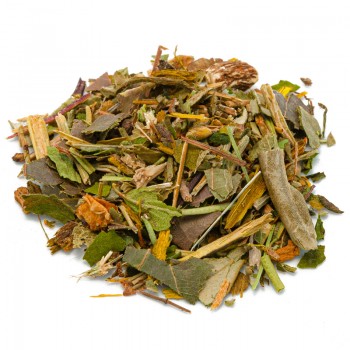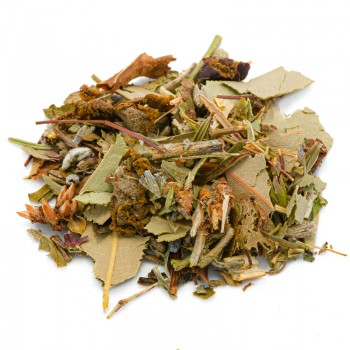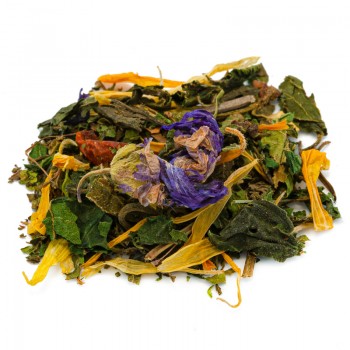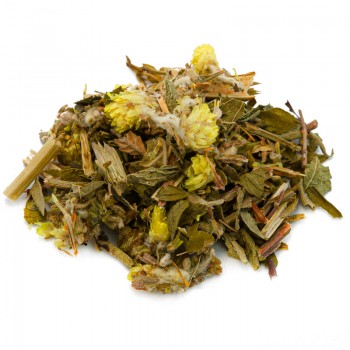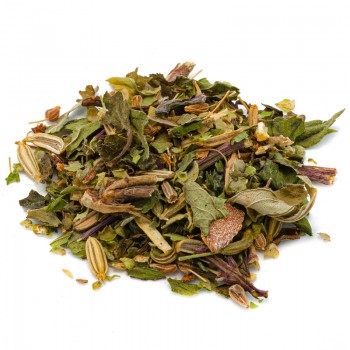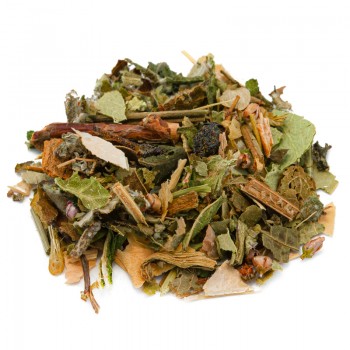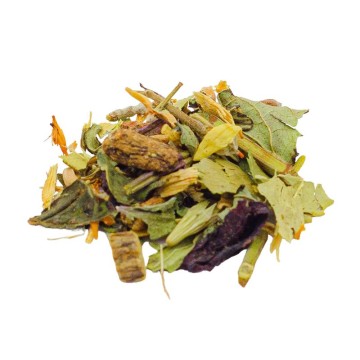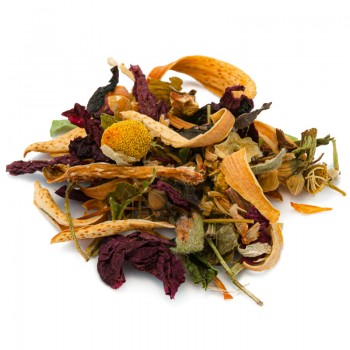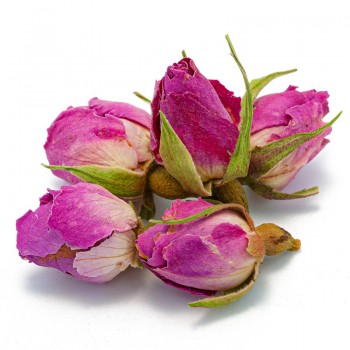Senna compound for herbal tea
Compound senna is made specifically for those who have problems with constipation, promoting the purification of the body. These medicinal plants are notoriously known for their laxative properties. Senna leaves, elderberry and other herbs in the purgative herbal tea are all intended to solve the problem of constipation and regulate the intestine.
Ingredients:
senna leaves, licorice, fallax, mint, elderberry, wheatgrass, vilucchio, parietaria, cuscuta, mentastro, anise, sweet orange, helichrysum stoechas.
- 100°
- 3/5g ogni 250 ml
- 08/10 min. di infusione

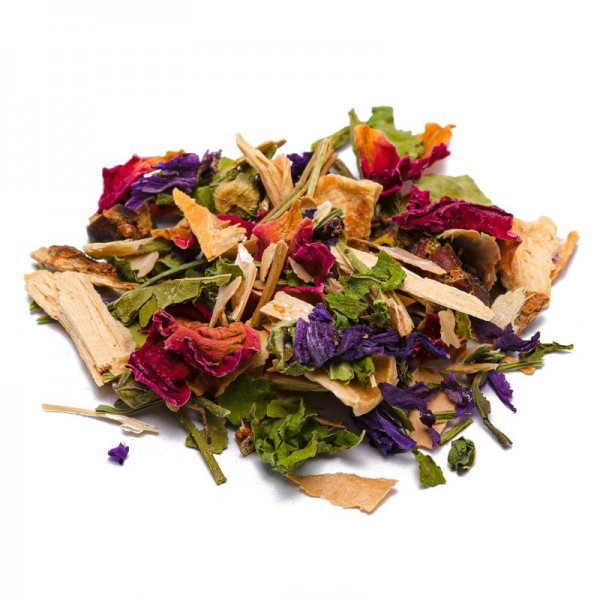







 No reward points for this product.
No reward points for this product.

